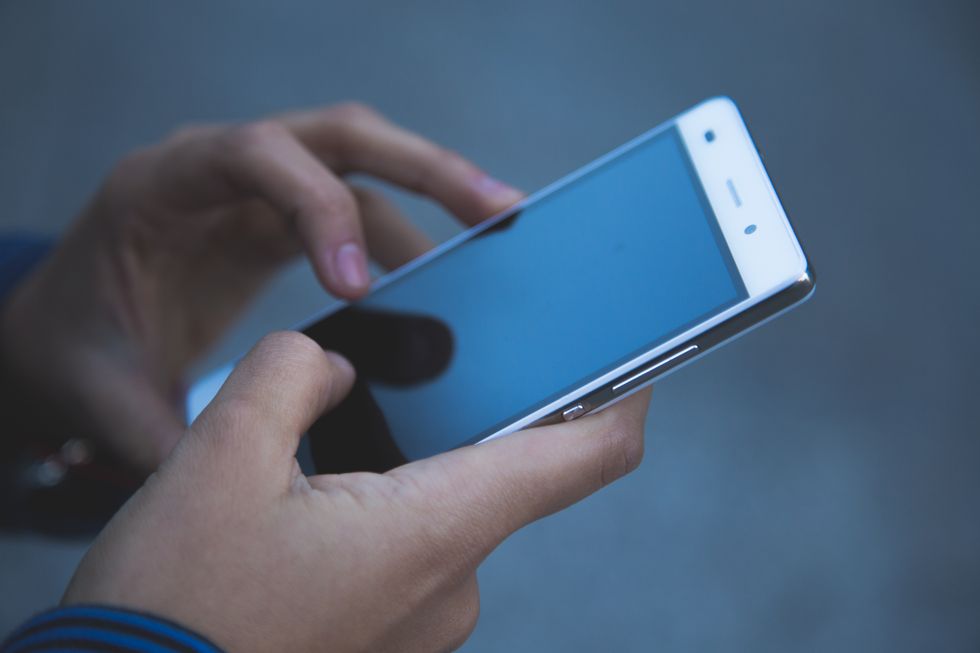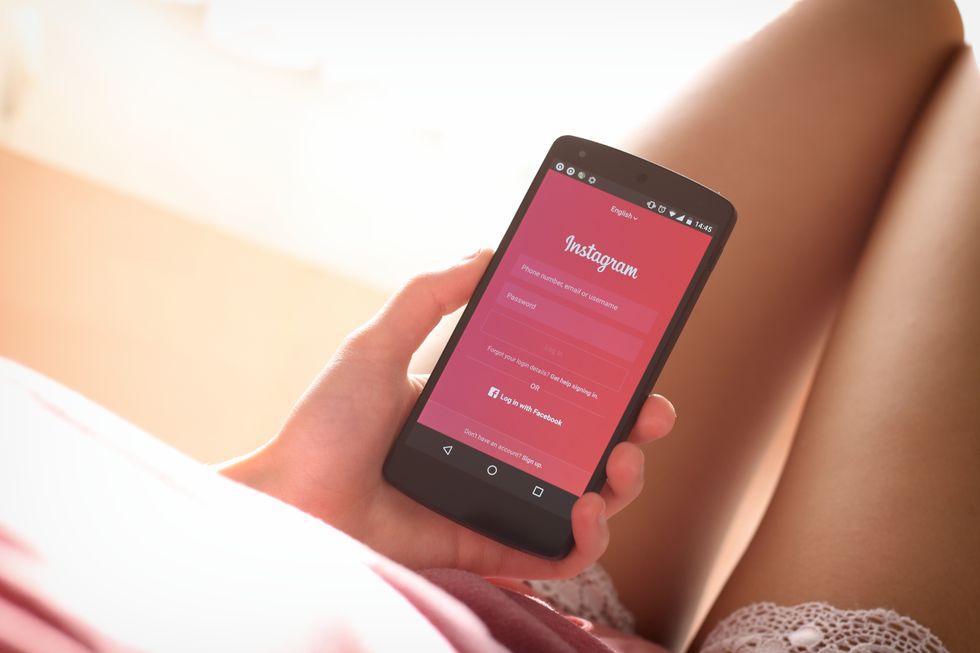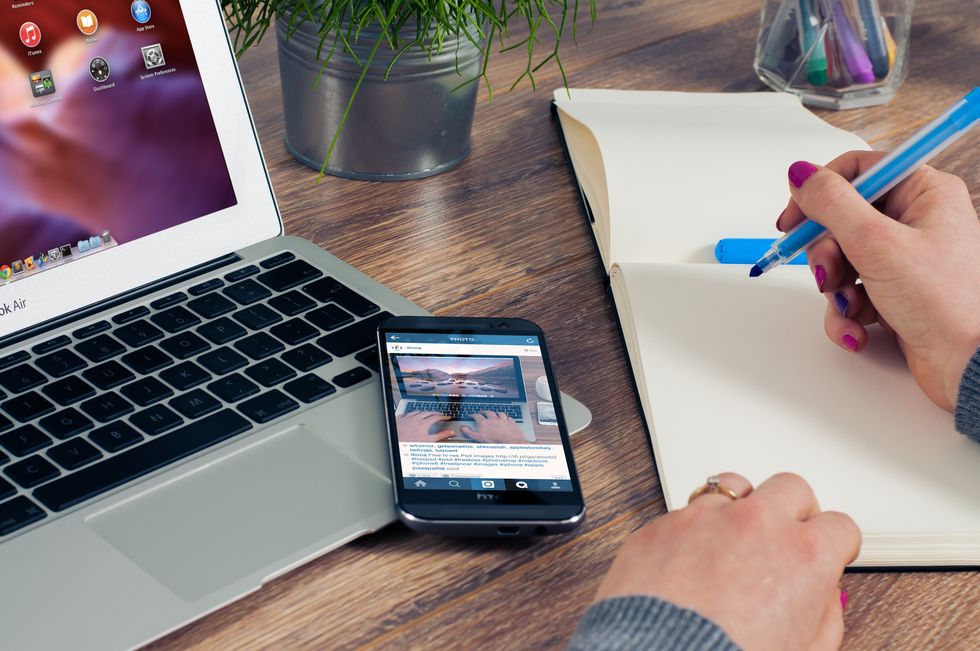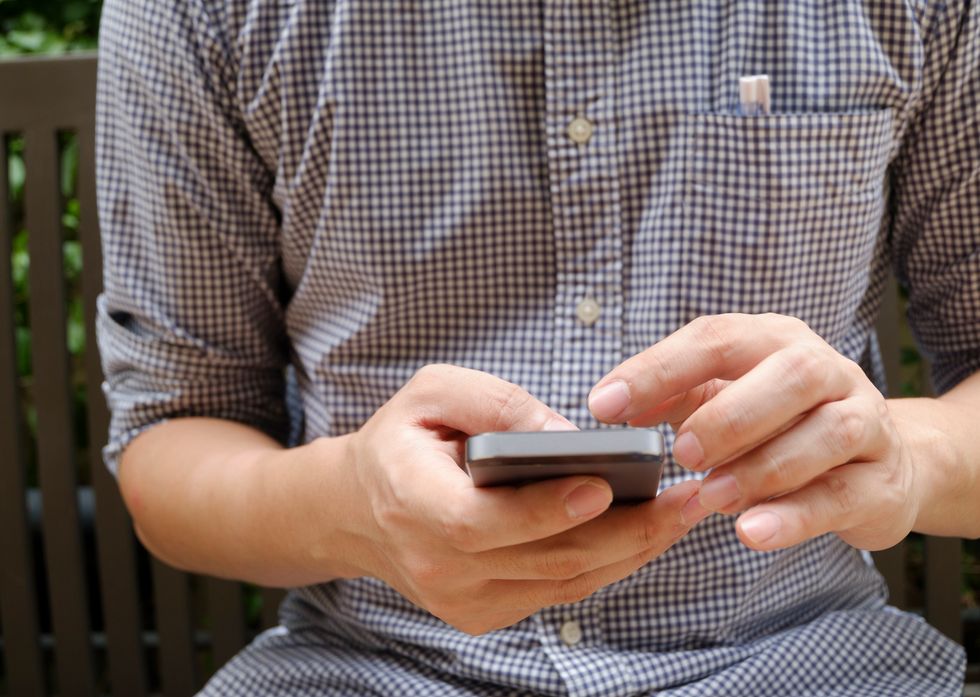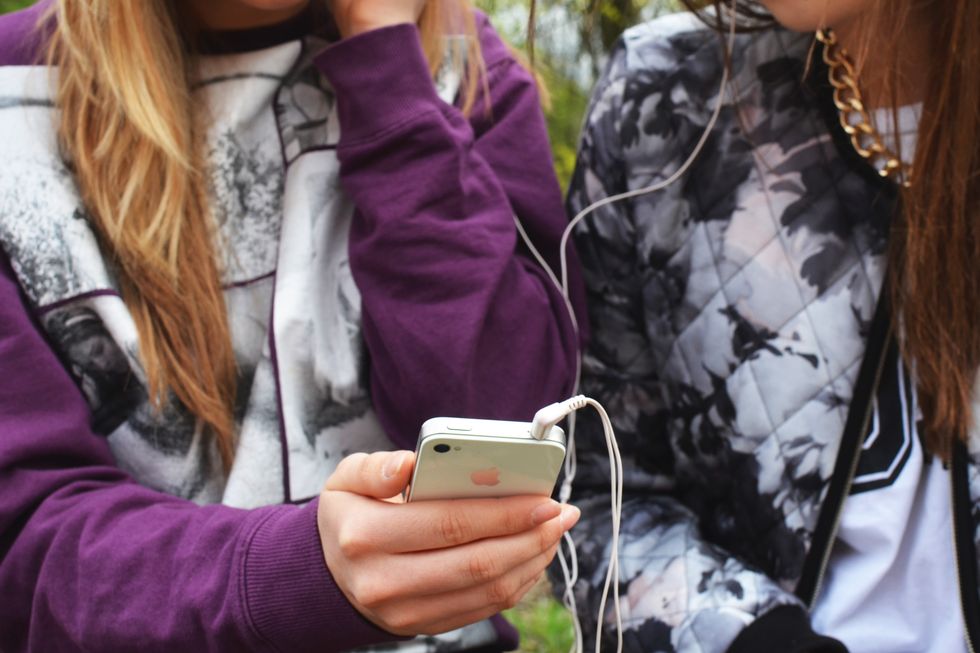Cyber bullying, sexting, oversharing, feeding insecurities—it seems that every time we as teenagers hear about social media, it's negative, although maybe not without reason. Social media exacerbates previously existing problems in our age group, problems such as bullying, inappropriate or irresponsible management of sexuality and insecurities about popularity or acceptance—and in addition, social media provides a cloak of anonymity, or the ability to hide behind a screen.
However, social media isn't a sum of negative traits—it has beneficial aspects as well, if we choose to use it in a beneficial way. Here are seven ways you (and I) can use social media to promote acceptance, love and positivity instead of negativity or hate.
1. Don't post anything suggestive
Posting a picture on Instagram with the caption "Betrayal is the worst evil" right after you and your best friend had a huge fight serves no purpose other than to annoy your best friend and to feel validated about your position in the argument. This is not a positive use of social media. Even if it's someone you don't know or have only heard rumors about, posting vaguely about someone else's pain or shortcomings only worsens situations and spreads negativity. Which leads into the next point.
2. Don't gossip
A quick snap-text about the latest evil your ex-partner has committed, an Instagram direct message of a random girl's "slutty" post or even a post on your finsta about how unkindly someone has treated you—none of these are positive uses of social media. If you are really upset about a situation, reach out to one or two close friends to vent or ask advice. Don't use social media to gossip, spread rumors or get people "on your side," as it tears apart people's self-esteem if they find out. And in almost all cases, they will find out. It doesn't matter that your account is private, or it's just your best friend. You may think you're only sending it to one of your friends, but your friend could send your gossipy comments to anyone, just as easily as you sent it to them.
3. Don't show off
Don't post with the intention of inciting jealousy. There is a difference between posting pictures with your friends because you were hanging out and you love them and posting pictures with your friends to show off how many friends you have. There is a difference between posting pictures with your significant other because you care about him or her and posting pictures to show off that you're dating someone or to show off that he or she is hot. You will make people jealous, or at the very least, make them feel bad about themselves, and for what? To feel a little bit better about your own insecurities?
4. Be honest
Am I saying that you should post all your deepest, darkest secrets on social media? No, but portraying yourself honestly is important in using your social media responsibly. If you're posting things because they make you look cool or because other people post similar things, then you are not being your honest self. Be honest and make social media a place of love and acceptance instead of judgment and hate.
5. Be careful about your likes and comments
Likes and comments are the perfect outlet to spread both positivity and negativity. Receiving likes can give people a sense of confidence in themselves—don't be afraid to like people's posts, even if it's not someone you know particularly well. Instead of commenting something snarky or disrespectful (even if it's meant as joke), give a compliment or say something encouraging or uplifting.
6. Call out your friends
If you notice them posting negative or inappropriate pictures or comments or they are using social media as an outlet for bullying or gossip, call them out for it. It doesn't have to be a big deal—just mention to them that you don't appreciate gossiping or being mean to others on social media or remind them that their pictures and comments are there for everyone to see, including colleges and future employers.
7. Post positively
Whether it's uplifting quotes, appreciation posts for your friends or even a personal testimony about something you've struggled with or are struggling with, you never know the effect you can have on other people. A post about fighting back could be exactly what someone needs to hear to leave an abusive relationship. Quotes about love and forgiveness could remind someone that his bitterness isn't solving anything. An appreciation post for a hurting friend could be the difference between that person getting black-out drunk at a party or staying home.
Social media gets a bad name for the way that our generation (and others) have used or are using it, but that doesn't mean it can't be used positively. Don't be afraid to stand out from the crowd and make social media a community of posivity—we can make a difference, even if it's just in the way we treat the poeple around us online.





